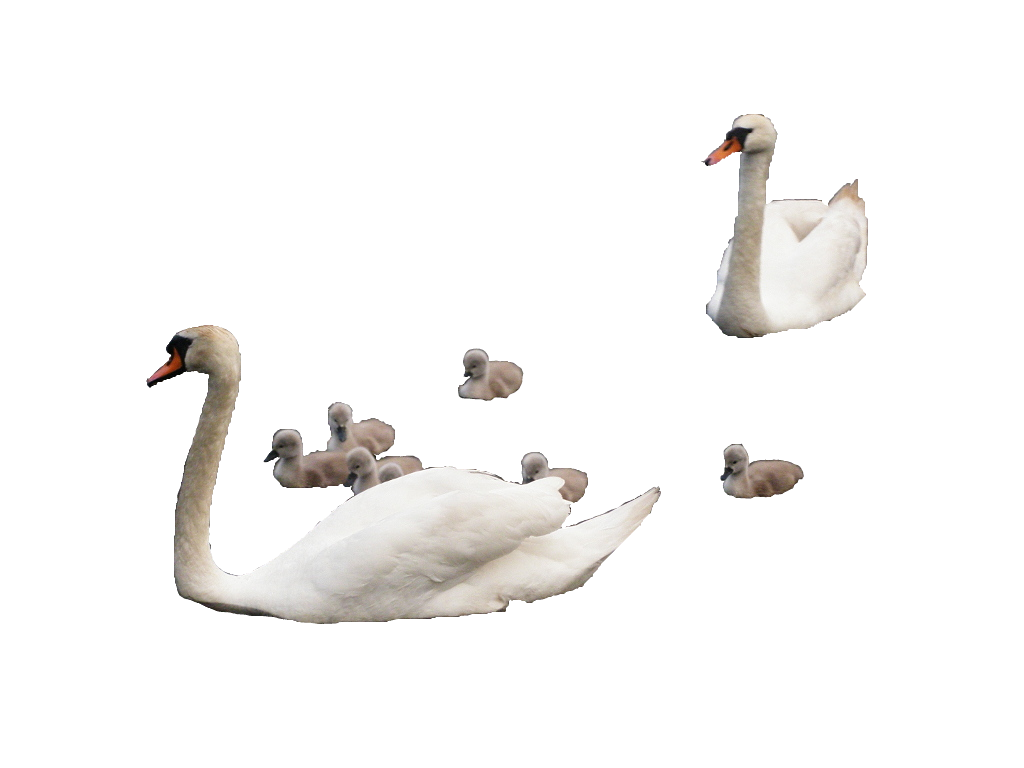
You are here
2.2.2. 'I can' time

3 jr: I want determine myself what I can. This is the development phase. At this stage the child learns to weigh-up and select what it wants to be able to. And how that to develop. Learns it that and how it can build self-knowledge and self-confidence.
n4 jr: I can and you can. This is the self-confidence phase. Here the child learns to trust their own abilities. and openly admit that. It can intrinsically not let be fooled by positive or negative reactions of others. It may if requested perform a specific task and make an extrinsic imposed test in that specific area. These can be house-garden-kitchen as well as intellectual or creative competances. With this in the same way always is made use of specific interests and skills.
4h jr: I can this but not that. This is the self-critical phase. Self-examination highlights the natural judgment of child and adult. Learns children to deal smoothly with successes and shortcomings of themself and others. Encourages to share in a group with young and old viewpoints, to disagree, to tolerate rejections and harvest appreciations. The emphasis of ratings must always be constructive, not destructive, likewise where it concerns shortcomings [what can you learn from your mistakes]. Children and adults [parents, teachers, caregivers and others] judge each other on that and be judged accordingly.
5q jr: I can be myself. This is the self-consciousness phase. The consciousness of a child who has developed oneself on its own to an identity that self wants, can and does. An independent identity who can trust oneself because he/shecan, where necessary, correctoneself in the desired direction. Someone who can make a distinction between oneself and others. Between oneself and the environment. Who, without harming oneself or others, creates and controls the necessary distance and righteous attunes to others. Someone who knows what he/she can and can't and what he/she can and can't expect from others.

